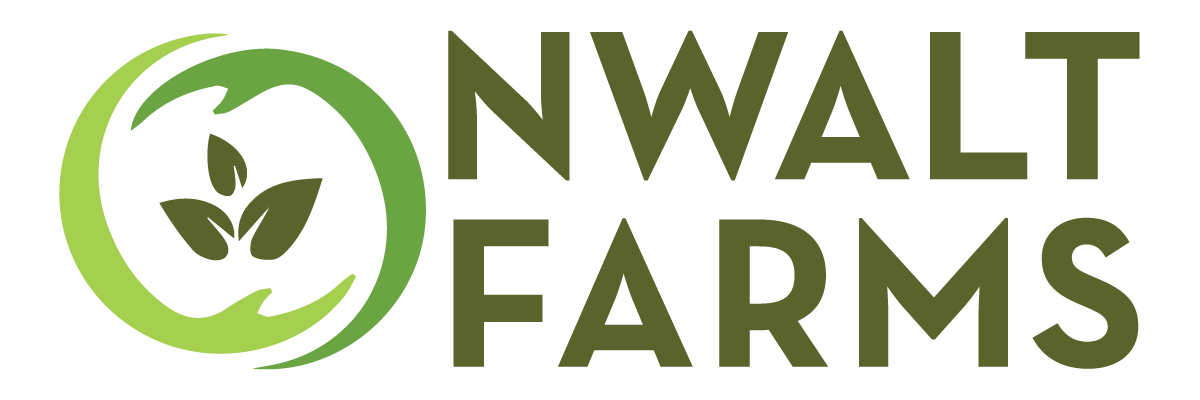If you are new to farming even with limited revenue it is not too soon to be thinking about filing a Schedule F with your 2022 income tax return or in the future. Farm income includes profits you make from selling farm products (both raised and grown), as well as any money you may earn from farm-related services, custom farm work or services, barter income (at fair market value), refunds, and reimbursements, such as from government programs and distributions. You may be asked at some point to share past Schedule F documents to qualify for farming specific loans or grants.
We reached out to Farm-Link farming members and learned Keen and Company, a NWA based firm provides tax prep and accounting services for a variety of businesses including farming. Aaron Schaub is a CPA with Keen & Co, and he has eight years tax accounting experience in variety of industries including oil and gas, farming, small business, and military tax matters. Along with an accounting career, Aaron recently retired from the Navy Reserve where he served as an instructor pilot for many years. Below are Aaron’s suggestions about tax prep for farming and filing a schedule F.
Understand the basics involved if you engage in farming for profit and the IRS resources available
The IRS publishes a Farmer’s Tax Guide each year (IRS Publication 225). The publication begins with a description of what is considered a farming activity for IRS purposes: “you are in the business of farming if you cultivate, operate or manage a farm for profit…” Notice it does not say anything about hobby farming or having a vegetable garden to justify claiming a loss on your tax return. The point of farming activity, and the associated reporting of income/expense on Schedule F must be to make a profit. Though lengthy, the IRS guide does describe the in’s and out’s of how to report farm income, deprecation rules/methods, deductible vs non-deductible expenses, how to report the sale of breeding stock, and many other issues.
Stay organized
If you intend to be engaged in farming for profit, keeping track of income/expenses is critical. As a business owner, you should know how your business is performing, the upcoming cash flow needs, and have a plan to keep this information current and accurate. You do not need to spend hundreds of dollars on fancy accounting software to stay organized; I recommend these three simple practices:
1 – get a separate bank account and run all expenses/income through it. If you contribute personal cash to operate, that is not income (it’s owner’s capital).
2 – use a spreadsheet to keep track of the income/expense and classify expenses (supplies, feed, chemicals, vet, rent, fuel, etc). The spreadsheet does not need to be fancy, but it does need to be organized.
3 – save receipts. If you are technologically inclined, take pictures of them and save them to a cloud based folder. You may never need them, but you’ll be grateful to have them if you do.
Plan for tax
If you make a profit farming, there will be tax on that profit. Many farmers purchase equipment/supplies at year end to offset taxable income. To take advantage of these opportunities, you must be organized (so you know if you’re making a profit), and have a plan to pay tax and/or increase legitimate expenses. Also, in additional to state and federal income tax, farm income is subject to self-employment tax (medicare and social security = ~15%). If you have other income from wages, dividends, etc – this extra 15% of tax can take much of the fun out of farming for profit.
Ask for help (and be willing to pay for it)
“As I have aged, I realize how little I know and how much I need the help and expertise of others,” said Aaron. “Find accountants, financial advisors, and other farmers you trust and ask for help (and be willing to be pay for good help)”.



